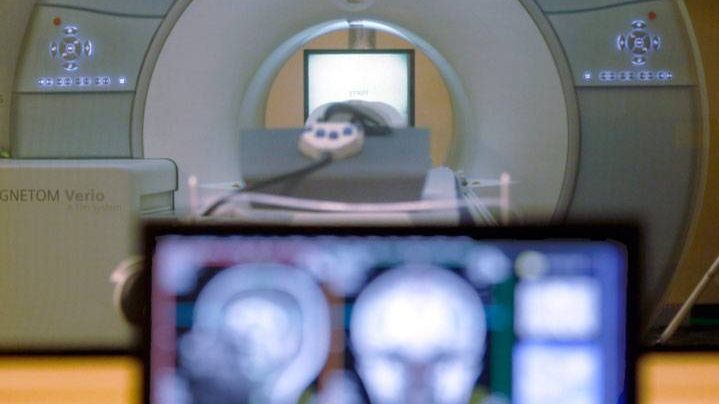A study out of Western University and Lawson Health Research Institute suggests that increased antioxidant levels in the brain are linked to quicker responses to treatment for psychosis, which is in turn linked to improved outcomes for patients.

The research team found that patients with higher levels of the antioxidant glutathione responded more quickly to medication for psychosis. Previous research has shown that patients who respond to medications more quickly have better overall outcomes.
Based on the new study, researchers believe a 10 per cent increase in antioxidants in the brain could reduce the length of a hospital stay for patients with psychosis by an entire week.

Get weekly health news
“Once patients with psychosis start treatment, some get better in weeks, while it can take months for others. We wanted to see if we could understand and influence this disparity,” said associate professor at Western and scientist at Lawson Dr. Lena Palaniyappan.
“We found that the amount of antioxidants that patients have in their brains predicts the time that it takes for them to respond to treatment.”
Antioxidant levels in the brain vary from person to person based on several factors including lifestyle choices like exercise and diet. Researchers say a supplement called N-acetyl cysteine (NAC) and broccoli extracts can increase these levels if given over a long period of time.
“This study demonstrates that if we can find a way to boost the amount of antioxidants in the brain, we might be able to help patients transition out of hospital more quickly, reduce their suffering more quickly and help them return earlier to their work and studies,” said Palaniyappan.
The researchers used high-field MRI imaging to examine antioxidant levels in the brains of 37 patients to the London Health Sciences Centre’s Prevention and Early Intervention for Psychoses Program (PEPP) prior to when they began treatment and six months post-treatment.









Comments